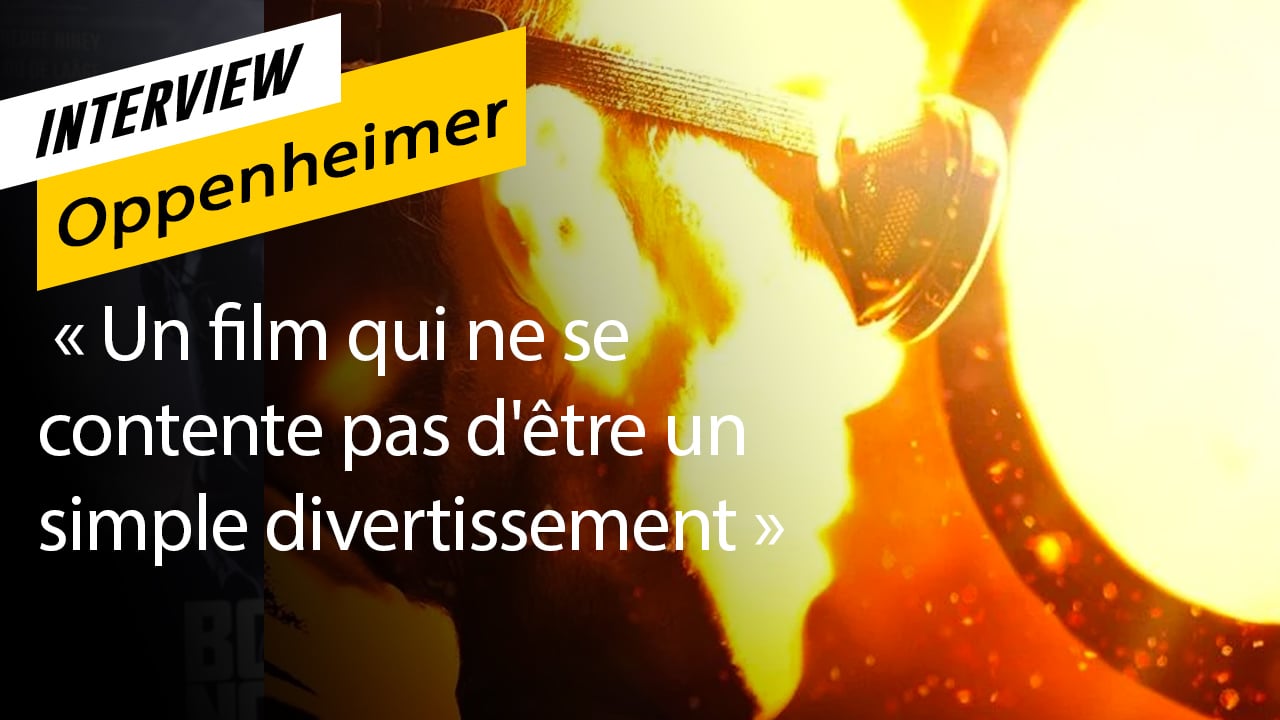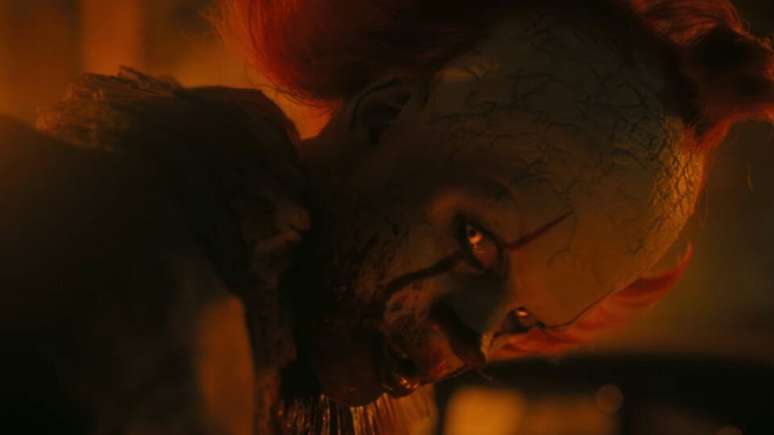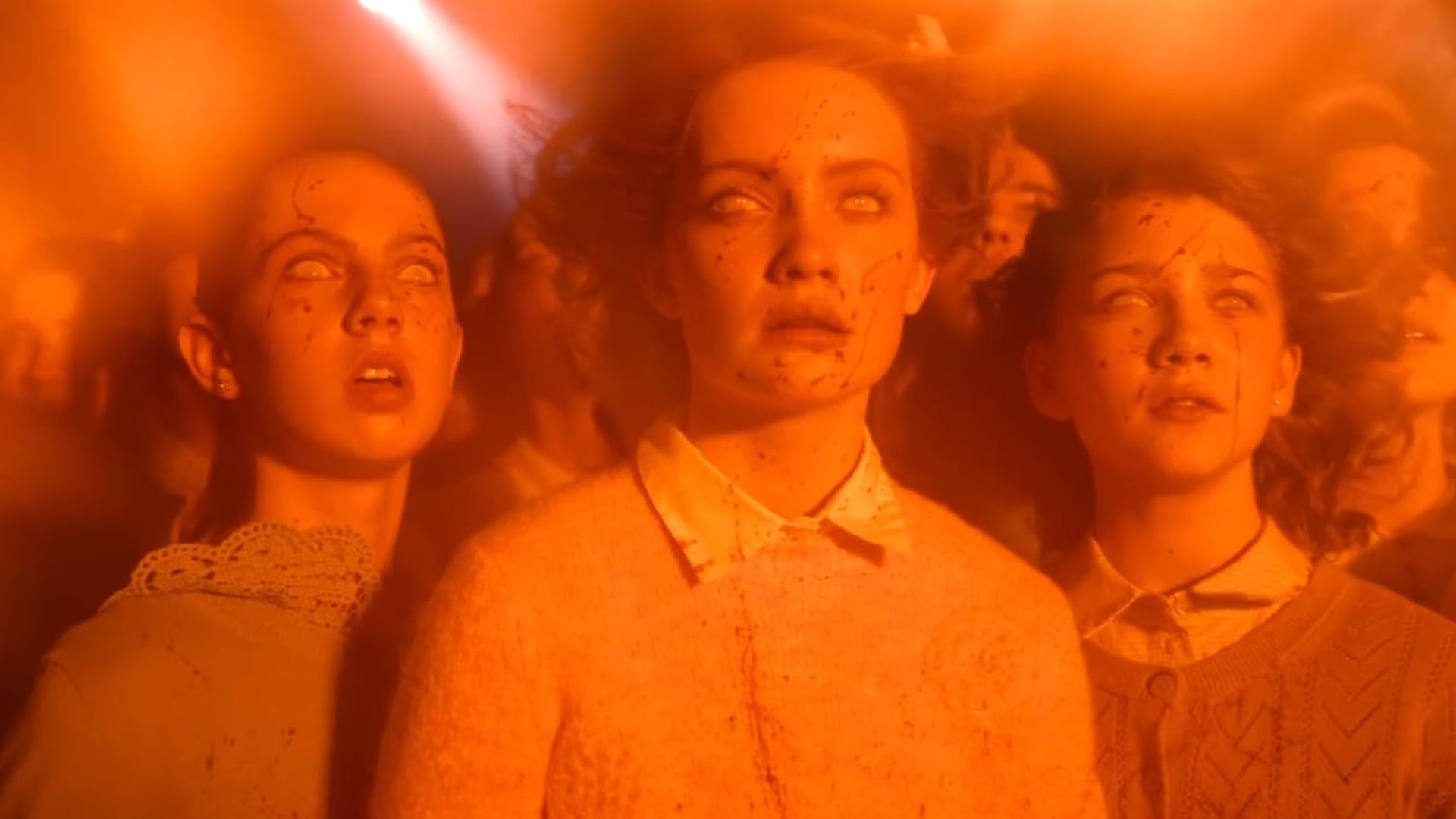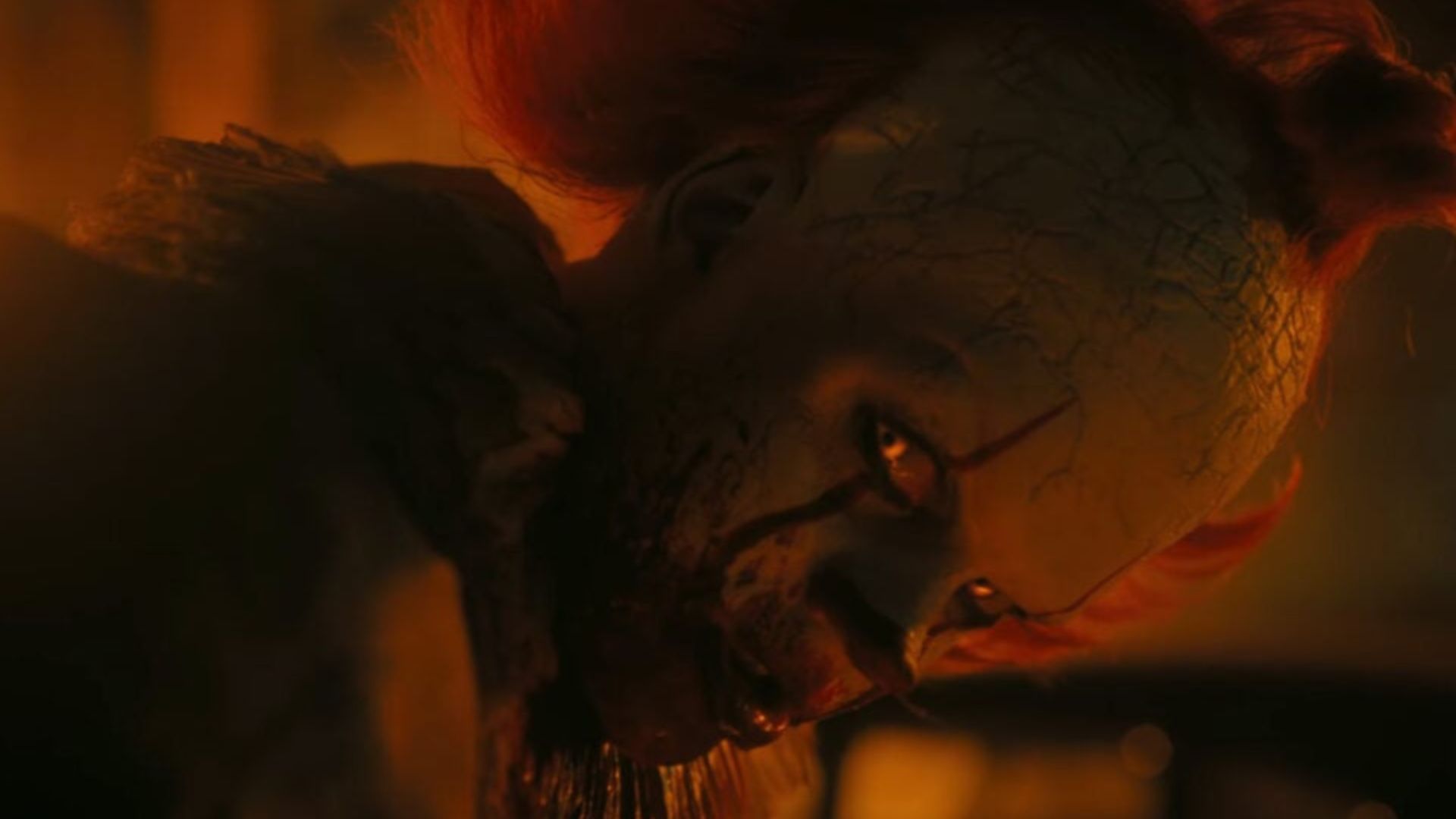$325 million at the US box office, $949 million worldwide, 4,445,756 viewers in French theaters: Oppenheimer became the highest-grossing biopic in history this summer in just a few weeks. The success of the film, the reaction it caused, behind the scenes of the Trinity Test… Director Christopher Nolan and his producer Emma Thomas return for AlloCiné in this extraordinary release.
global success
Christopher Nolan (director): I’m not trying to explain it. I had my own hopes for the film’s success. He was much more than that. It was exciting to see. Sometimes all it takes is a surge of interest in a particular story or topic. It’s really exciting to see audiences around the world taking in the film. And especially young people who come to see the movie several times.
Emma Thomas (Producer): Obviously, the success of the film exceeded our wildest expectations. I think when the movie came out we were hoping that maybe it would do as well as Dunkirk. But he doubled down. It’s amazing. And I think the only thing I can really attribute to that is the fact that audiences were willing to see a film that challenged them. A film that doesn’t settle for simple, pointless entertainment.
Impact on young viewers
Christopher Nolan (director): I am very happy about this. When I told him what I had written, one of my sons, who is a teenager, said: “Dad, you know, honestly, nobody cares anymore. Nobody really cares anymore.”. And unfortunately, with the evolution of the geopolitical situation, after a few years, when this question was no longer asked and no one asked this question, our fear of nuclear weapons returned, in a way that should never have gone away, because the weapons were not going to go away.
Fun is a strange word for a serious topic, but it is fun
And I think that young people in particular have found material to engage in a story that is very important. And yet, they don’t know much about it. This is a great opportunity for a filmmaker. I wouldn’t say education, but to get involved, we try to tell a story in an exciting way, where we feel the importance of history, because it is presented to us very dramatically. And I really wanted to do that. Fun is a strange word for a serious topic, but it is fun. It’s about commitment. It’s about giving people a compelling story.
This summer proved that there’s always an audience who, if you offer something they’re interested in, will go see it
Emma Thomas (Producer): I think Chris always makes films that provoke and interest. We have often found that people come back again and again to watch his films. But I have to say that Oppenheimer seemed very different to me in terms of commitment level. For example, I was dropping my son off at college and the people at the next table were talking about a movie. And I was a little embarrassed… luckily they were very positive! (Laughs) The other day I was on the train and I heard other people talking, which has never happened before. I have never felt this level of excitement or involvement in a movie. It’s an amazing feeling because we’ve heard so much about the supposed death of the theater experience. This summer proved that there is always an audience who, if you offer something they are interested in, will go see it.

The Trinity Test
Christopher Nolan (director): One of my first conversations about the film after the script was finished was with Andrew Jackson, the visual effects supervisor. She was the first person I showed the script to after Emma Thomas because I knew it would take her a long time to do what I was asking. That is, perform the trinity test without the synthetic image.
The Trinity Test must have been absolutely brilliant, but also dangerous.
I already used CG for the nuclear explosion at the end of The Dark Knight Rises and they did a really good job. Synthetic images are a very versatile technology, but they provide a sense of security. While the Trinity Test was supposed to be absolutely brilliant, it was also dangerous in equal measure. And I think only analog images, only things that you can capture in the real world, whether it’s tiny things or giant things, but we could capture them, with a distorted and frightening quality to them. And it was very important to me that the Trinity Test had this danger.
When I watch the movie and this scene, I’m in the moment.
Emma Thomas (Producer): It was a very difficult scene, very difficult to shoot, because we were shooting in the middle of the desert, in a very large area. And when you’re shooting in a location like this, you have a lot of trucks to hide. And then there was rain, wind… it was terrible wind that night. In fact, we couldn’t even think of a tour. So there were a lot of practical considerations that made it very difficult. But when I watch the movie and this scene, I lie in the moment and forget all that. Which, I think, speaks of the quality of the scene.
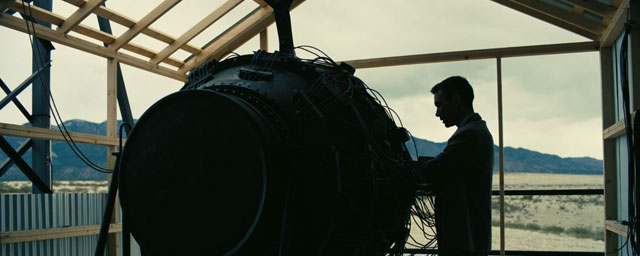
Resonance with the present
Emma Thomas (Producer): With everything that’s happening in the world, I think, unfortunately, this story has an urgency and resonance that maybe it didn’t have a few years ago. But that’s exactly what we wanted to achieve, because I think we’ve gotten to the point where we’ve taken peace and security for granted and we’ve forgotten that we have these terrible weapons. We absolutely must be aware of this and never forget that we have it, as the threat continues.
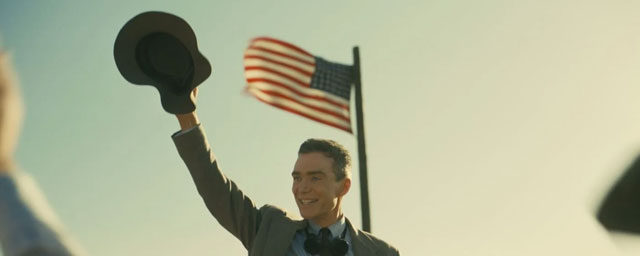
are you going to the oscars
Christopher Nolan (director): That’s not really why we made this film. It has no effect on how we make films. Also, we do blockbusters that come out in the summer, which is not very strategic for awards season. But of course, the respect you get from your peers, other filmmakers or whatever, that’s the biggest honor you can ask for. Don’t get me wrong, it would be fabulous to win prizes. But no, we make the film primarily for the audience. We are trying to do what is best for the film itself and bring it to the general public.
Commentary collected in Los Angeles by Emmanuel Iyer and Didier Aluch
Source: Allocine
Rose James is a Gossipify movie and series reviewer known for her in-depth analysis and unique perspective on the latest releases. With a background in film studies, she provides engaging and informative reviews, and keeps readers up to date with industry trends and emerging talents.

